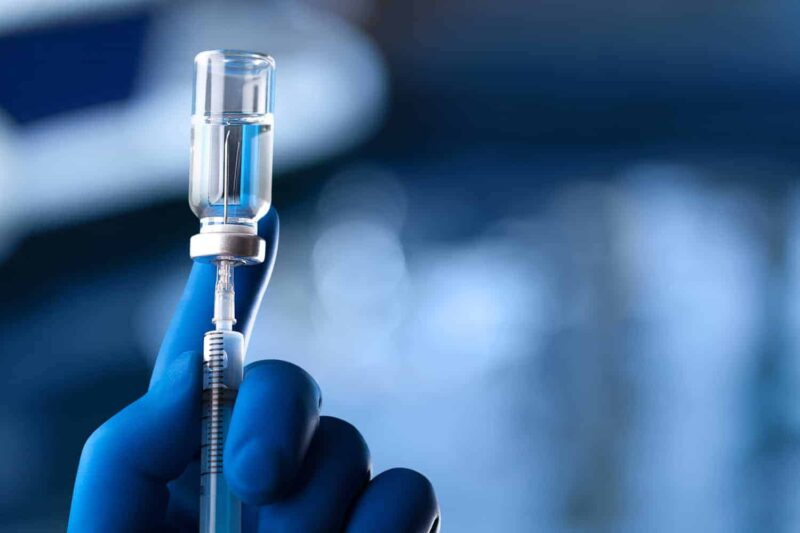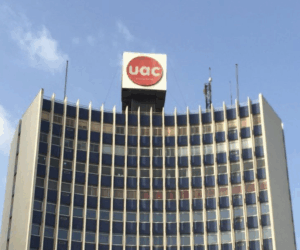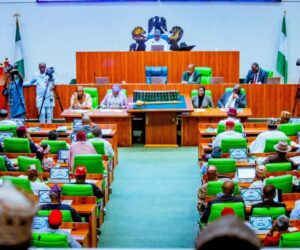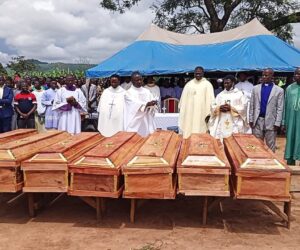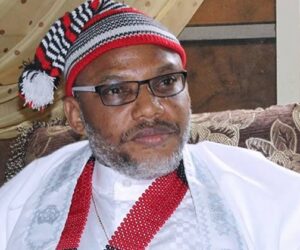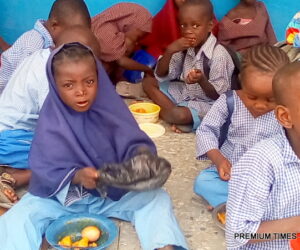The federal government is seeking to raise about N150 billion to fund vaccine procurement for 2025 and 2026, as part of ongoing efforts to strengthen immunisation and improve health outcomes.
The Minister of Finance and Coordinating Minister for the Economy, Wale Edun, made this known on Wednesday at the 2025 Joint Annual Review of the Health Sector, themed “All Hands, One Mission: Bringing the Nigerian Health Sector to Light.”
The Joint Annual Review serves as one of Nigeria’s key accountability platforms for the health sector, bringing together government officials, development partners, and other officials to review progress, assess performance, and align priorities for the coming year.
Mr Edun said the Basic Health Care Provision Fund (BHCPF) increased from N31.5 billion in 2024 to nearly N299 billion for 2025 and 2026. He also noted that the health sector budget rose by nearly 60 per cent.
“Similarly, with immunisation, we are actively seeking to raise additional funds, maybe around almost N150 billion to cover vaccine procurement that is needed for 2025 and 2026,” he said.
He added that health spending now accounts for 5.2 per cent of the national budget, up from just over three per cent a few years ago.
He said the government’s commitment is to close the gap between appropriation and the release of funds.
Mr Edun also emphasised the need to mobilise domestic resources, stressing that sustainable financing would depend on collaboration among all tiers of government .
He noted that reforms and funding would not be fully effective without the participation of state and local governments, urging them to increase spending on health and education to complement federal initiatives.
Focus on local solutions
In his speech, the Coordinating Minister of Health and Social Welfare, Muhammad Pate, said the government is deepening reforms to reduce reliance on foreign aid and promote local solutions and production capacity for medicines, vaccines, and health technologies.
Mr Pate added that the government aims to ensure state and local governments increase investments in health, education, water, sanitation, and nutrition.
“This is consistent with the President’s ward-based development approach, which is perhaps the most practical strategy for lifting communities across Nigeria,” he said.
He also outlined new financing mechanisms under consideration, including fiscal measures on sugar-sweetened beverages, public-private partnerships, and digital systems to improve transparency and accountability in health spending.
“By combining domestic resources, local engagement, and measurable outcomes, Nigeria is steadily building a health system that is resilient, inclusive, and responsive to the people it serves,” he said.
READ ALSO: First human trial shows promising results for IAVI’s Lassa Fever vaccine
Mr Pate also noted that primary healthcare utilisation had increased from 10 million visits in the first quarter of 2024 to 45 million in the second quarter of 2025, reflecting renewed public confidence.
He added that nearly half of women of reproductive age now use modern contraception, while vaccination coverage for measles, rubella, and the newly introduced HPV vaccine has met or exceeded national targets.
He reiterated that these achievements stem from a deliberate shift away from donor-driven programming toward a nationally led health agenda.
He also added that all 36 states and the FCT now have operational plans aligned with the National Health Sector Strategic Blueprint.
“72 per cent of states have functional mechanisms for non-communicable diseases, and all 774 local government areas now host National Health Fellows and Public Financial Management Officers, surpassing our targets,” he added.

